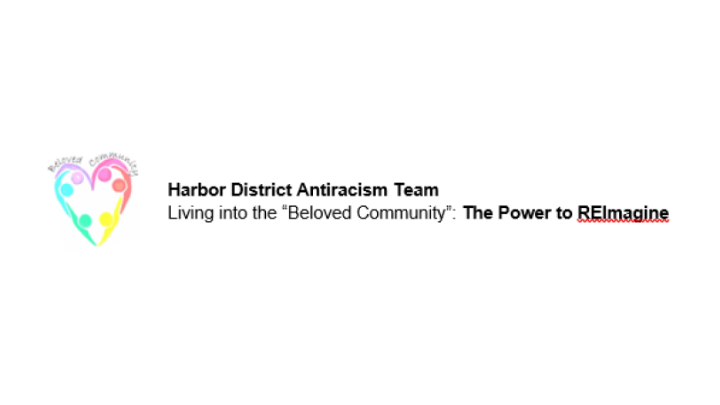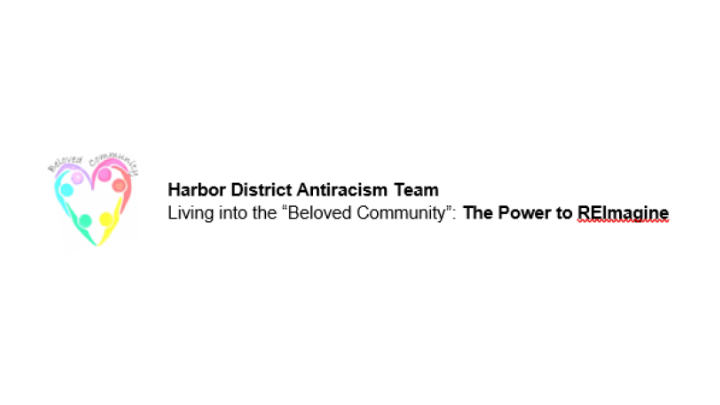by Rev. Lindsay Ballance Collins, Pastor Trinity United Methodist Church
“Would you teach this lesson to black children,” the man halfway back in the congregation bellowed to me. His face was pinched and red. Once I recovered from the initial shock of his outburst (I was serving a typically Methodist congregation where handclapping was about as lively as the congregation ever got in worship — and even that was rare), I simply looked at him and responded “Yes. This lesson is always important and true.” In my experience in ministry over the last ten years, it’s not often that you have an outburst from a parishioner in the middle of worship but when you do, it stands out. This incident took place in another setting, some years back, but I can still see it fresh in my mind’s eye.
So, what was the lesson that provoked such an outburst? It was a children’s sermon in which I read to the children from the book “God’s Dream” by Archbishop Desmond Tutu and for the closing prayer we sang together the classic children’s song “Jesus Loves the Little Children.”
I thought of that day in worship when I read Bishop Fairley’s letter entitled “Make it Plain” that he sent out at the start of February. Bishop Fairley reminds us of Martin Luther King Jr’s words [We] are caught up in an inescapable network of mutuality, tied in a single garment of destiny.” (Martin Luther King Jr., Letter from Birmingham Jail) “For some strange reason, I can never be what I ought to be until you are what you ought to be.” (MLK, Oberlin College commencement). Jesus said it this way… “‘You shall love the Lord your God with all your heart, and with all your soul, and with all your mind.’ This is the greatest and first commandment. And a second is like it: ‘You shall love your neighbor as yourself.’ [Matthew 22:37-39]. The hallmark of our faith involves how we love and treat one another. We cannot work out our salvation and our sanctification without our neighbor. It is in learning to love our neighbor that we learn how to properly love God and we move forward in the process of sanctification. The book of Hebrews reminds us, over and over again, that our fates are all intertwined because we are all working out our salvation together and moving forward together towards God’s kingdom. Or to speak even plainer… as I have often told my congregation, I don’t believe heaven has pews for sorting out race, nationality, or even denomination, so we best get over that notion because we ain’t getting our own pew.
And so, as Bishop Fairley rightly points out: “We must not be afraid to face the good, bad, and the ugly of our shared history. There can be no American History without Black History.” Black history is for all of us, and we must prioritize teaching this history until we are no longer afraid to “make it plain” and “tell it all” when it comes to the history of race in America. I am still learning the history of race in America, the implications that it has had on my life and my world and working out my own sanctification by listening to and learning how to love my black brothers and sisters better. Much like my country, I still have far to go and much to learn.
Here are some favorite books of my family and I from this journey. Consider reading these or sharing these with a child you love:
God’s Dream by Archbishop Desmond Tutu
Sulwe by Lupita Nyong’o
The Story of Ruby Bridges by Robert Coles
Amazing Grace by Mary Hoffman


